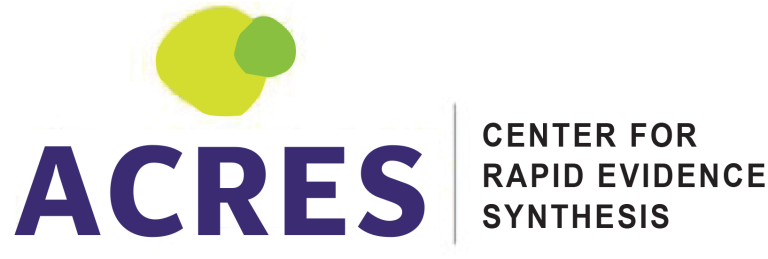Strategies to improve vaccination data capture in Uganda’s health information management system
Addressing the issue of zero-dose children in Mukono District, Uganda, requires a comprehensive approach to improving the capture and reporting of immunization data. The challenges posed by discrepancies in population denominators, delayed reporting, and non-participation of private health facilities in the national HMIS underscore the need for targeted interventions. Implementing strategies to track children across […]
How to improve healthcare workers’ motivation to adopt and effectively utilize new technologies, such as smart paper technology, designed to improve data capture in their work environment
While incentives are important, they may not solely overcome reluctance to use new eHealth solutions, and issues like over-expectations of eHealth’s capabilities may hinder adoption. Therefore, addressing motivation comprehensively, including incentives and considerations for the capabilities of the eHealth solution, is essential for successful adoption. By implementing a combination of practical and personal motivating factors, […]
Toilet design options for frail older individuals in Uganda without sit toilets
The poor state of toilet infrastructure in Uganda poses a significant barrier for frail older individuals, severely impacting their health. To improve access and utility, it is essential to adopt design options such as support handrails, raised toilet seats, movable toilet seats, commode seats, and wheelchair or trolley as a toilet seat. Additionally, participatory approaches […]
What are the health costs averted by adopting clean cooking technologies?
Clean cooking technologies such as gas and electricity present a viable solution to reducing household air pollution, improving health outcomes, and averting significant disease burdens in Sub-Saharan Africa. The evidence demonstrates that gas and electricity use lower the risks of respiratory illnesses, chronic lung diseases, and adverse pregnancy outcomes while also providing economic benefits through […]
Why vaccine coverage, which dropped during the COVID-19 pandemic, is slow to recover, particularly in Kampala and Wakiso districts
The slow recovery of vaccination coverage following the COVID-19 pandemic can be attributed to a number of intertwined factors. The continued strain of the pandemic, driven by ongoing COVID-19 variants, has diverted resources and focus towards COVID-19 vaccine research and development, reducing attention to routine immunizations. Vaccine hesitancy, fueled by mistrust and misinformation during the […]
Considerations for safe disposal of garbage in LMICs
The effective management of municipal solid waste is both a pressing challenge and a critical opportunity. As urbanization, industrialization, and population growth continue to drive up waste generation, it is imperative to adopt comprehensive waste management strategies. Emphasizing public education on waste segregation and the implementation of the 3Rs (Reduce, Reuse, Recycle) can significantly reduce […]
Understanding the problem of maternal and perinatal deaths in Uganda
Although there has been a gradual decline in maternal and perinatal mortality rates in Uganda, significant challenges remain that hinder progress toward achieving the sustainable development goal targets. The persistent regional disparities, particularly in areas like the capital Kampala, underscore the urgent need for targeted interventions and improved data collection to accurately reflect the […]
Strategies for reducing mortality due to motorcycle accidents
This review found poor training for first responders, no dedicated ambulances, and slow access to care resulting in poor patient outcomes and contributing to mortality due to motorcycle accidents. This brief suggests strategies for the Ministry of Health to tackle these issues and improve care for motorcycle accident victims through improving prehospital and in-hospital […]
Interventions to improve HPV screening rates in Mukono district
Research indicates that successful strategies to improve HPV screening rates focus on imparting knowledge, encouraging women to undergo screening, and making the sampling process more convenient. Tailoring interventions to local contexts and combining multiple strategies can enhance their effectiveness.
What are the best methods for involving patients in health system decision making in Uganda?
The importance of patient or community involvement in health care is widely recognized, particularly its potential to improve the availability and relevance of healthcare services to health service users. Community involvement or participation can also be viewed as a goal in itself by encouraging participative democracy, public accountability and transparency.


